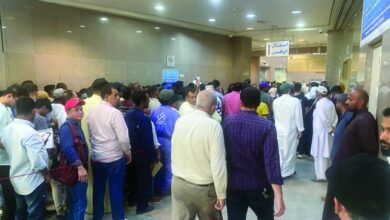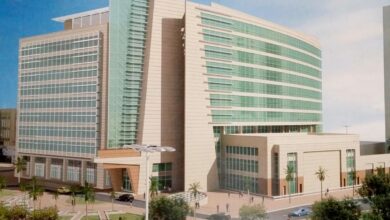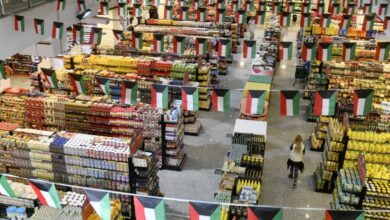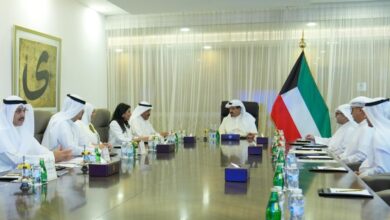Lebanese embassy’s Chargé d’Affaires urges concrete action against environmental perils
Ahmed Arafa, the Chargé d’Affaires of the Lebanese Embassy, said the expanding ozone hole leads to more cancers, along with global warming emissions that increase toxic gases in the air, causing respiratory illnesses and escalating natural disasters like floods and hurricanes.
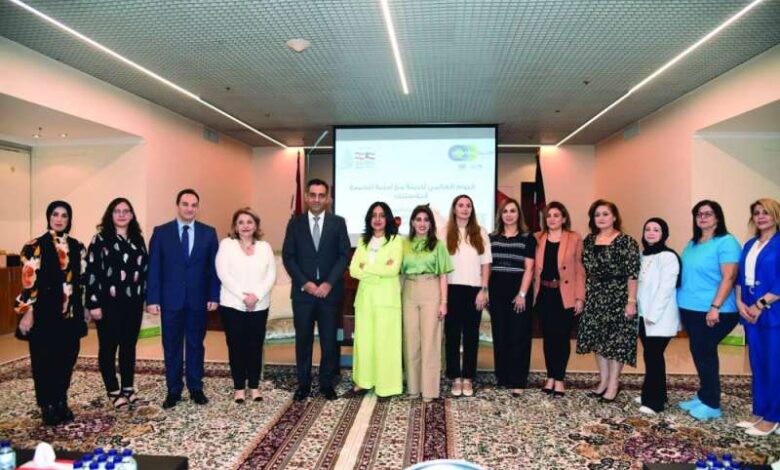
-
“As an embassy, we feel a societal responsibility towards Kuwait, the country where we reside. We are interested in learning from your experience so we can implement best practices and turn words into actions,” said Chargé d’Affaires of the Lebanese Embassy, Ahmed Arafa.
The Lebanese Women’s Council, sponsored by the Lebanese Embassy in Kuwait, organized an awareness symposium for World Environment Day. During the event, they also launched cooperation and joint coordination with the ‘Umniah’ plastic collection company.
Farah Shaaban, Executive Director of Umniah Operations, inaugurated the symposium by announcing, “We are commencing collaboration with the embassy sector to promote awareness and change individual behavior regarding plastic waste disposal, with the goal of recycling to preserve the environment.”
Chargé d’Affaires of the Lebanese Embassy, Ahmed Arafa, stated, “Discussing environmental issues and the perils of pollution in our modern world is no longer abstract; it’s a reality people face daily. We encounter these problems and dangers through piles of waste that mar the beauty of our environment. The expanding ozone hole leads to more cancers, along with global warming emissions that increase toxic gases in the air, causing respiratory illnesses and escalating natural disasters like floods and hurricanes.”
Arafa emphasized that “the expansion of the ozone hole, causing more cancers, alongside global warming and emissions, resulting in increased toxic gases in the air, respiratory diseases, and heightened natural disasters like floods and hurricanes.”
He added that the proliferation of plastic waste negatively impacts the environment, health, and public safety. We must address this imminent threat to humanity and consider ways to minimize the resulting harm within the context of enhancing human life quality and achieving the sustainable development goals embraced by all United Nations member states.
“Reducing plastic usage or recycling it into valuable materials can significantly support numerous sustainable development goals,” he stated.
He concluded his speech by addressing Shaaban, “As an embassy, we feel a societal responsibility towards Kuwait, the country where we reside. We are interested in learning from your experience so we can implement best practices and turn words into actions.”
The symposium was attended by Consul Mia Al-Adham, Economic Attaché Shadi Abu Zaher, members of the Lebanese Business Council, various figures from the Lebanese community, and individuals interested in recycling.










